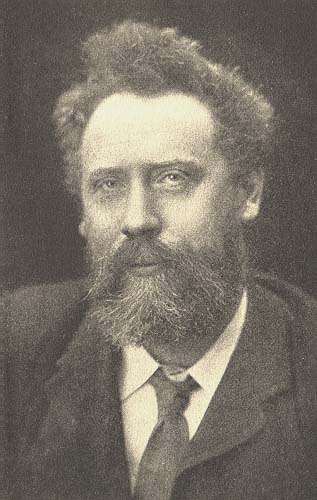We honor God, in part, because of His supreme integrity. He receives honor because He has perfect honor. I can place total confidence in God because I know that what He says, He will do. He'll follow through. God is a man of honor
I've been discovering that the key to real power is honor--in the sense of integrity. The Buddha once said, "If a man lives a pure life, nothing can destroy him." I think there is a lot of truth to that.
Consider these words from Karl G. Maeser, founder and first president of Brigham Young University.
"My friends, I have been asked what is meant by 'word of honor.' I will tell you. Place me behind prison walls--high, thick walls of stone. It is possible that somehow I could escape. But stand me on the floor, draw a chalk line around me and have me give my word of honor not to cross it and I would never cross the line. I'd die first!"
Karl G. Maeser was a man of honor.
"My friends, I have been asked what is meant by 'word of honor.' I will tell you. Place me behind prison walls--high, thick walls of stone. It is possible that somehow I could escape. But stand me on the floor, draw a chalk line around me and have me give my word of honor not to cross it and I would never cross the line. I'd die first!"
Karl G. Maeser was a man of honor.
I believe this to be something that God requires of us. Abraham Lincoln, always famous for his honesty and integrity affirmed, "I am not bound to win, but I am bound to be true. I am not bound to succeed, but I am bound to live up to what light I have." He felt accountable to God for his actions and for what he did with what he was given. He was a man of honor.
This, to me, is one of the most valuable qualities of human being can possess. It is something I would like to develop. There are not many people who attain such a character. My father is one. I would trust his word on pain of death. I know that he is a man of honor.
In others' words:
"To be trusted is a greater compliment than to be loved."
-David O. McKay




